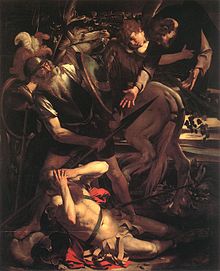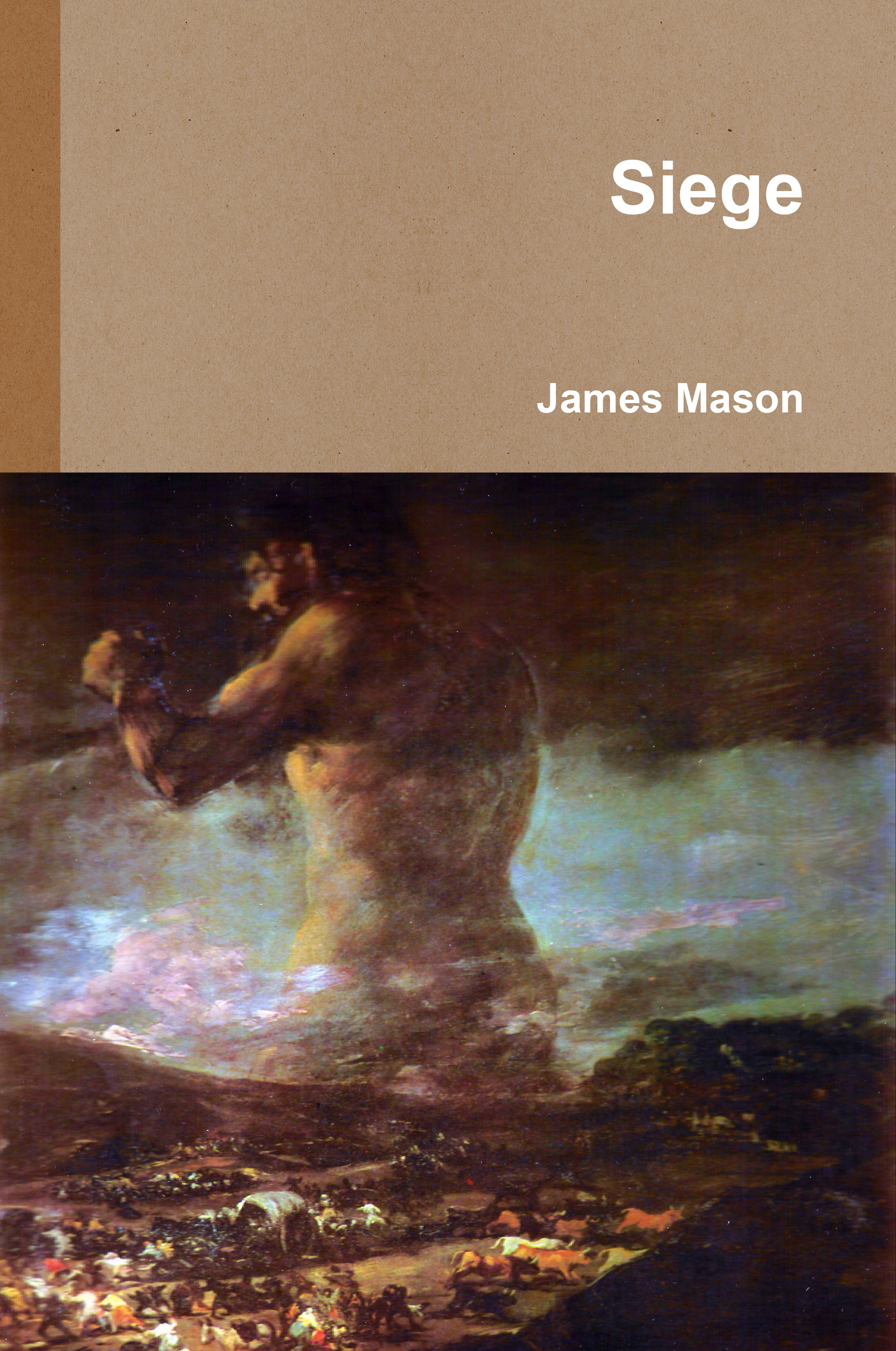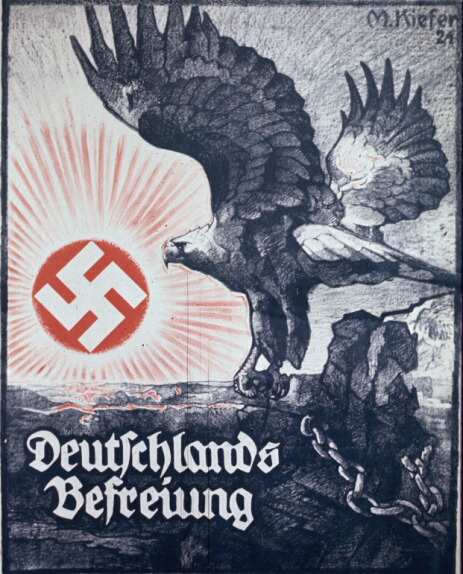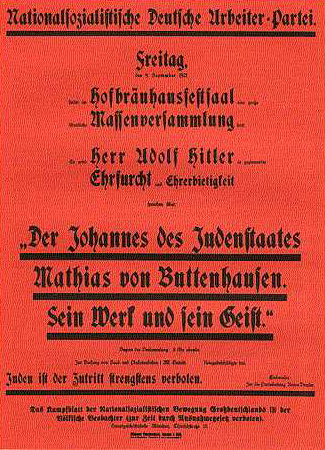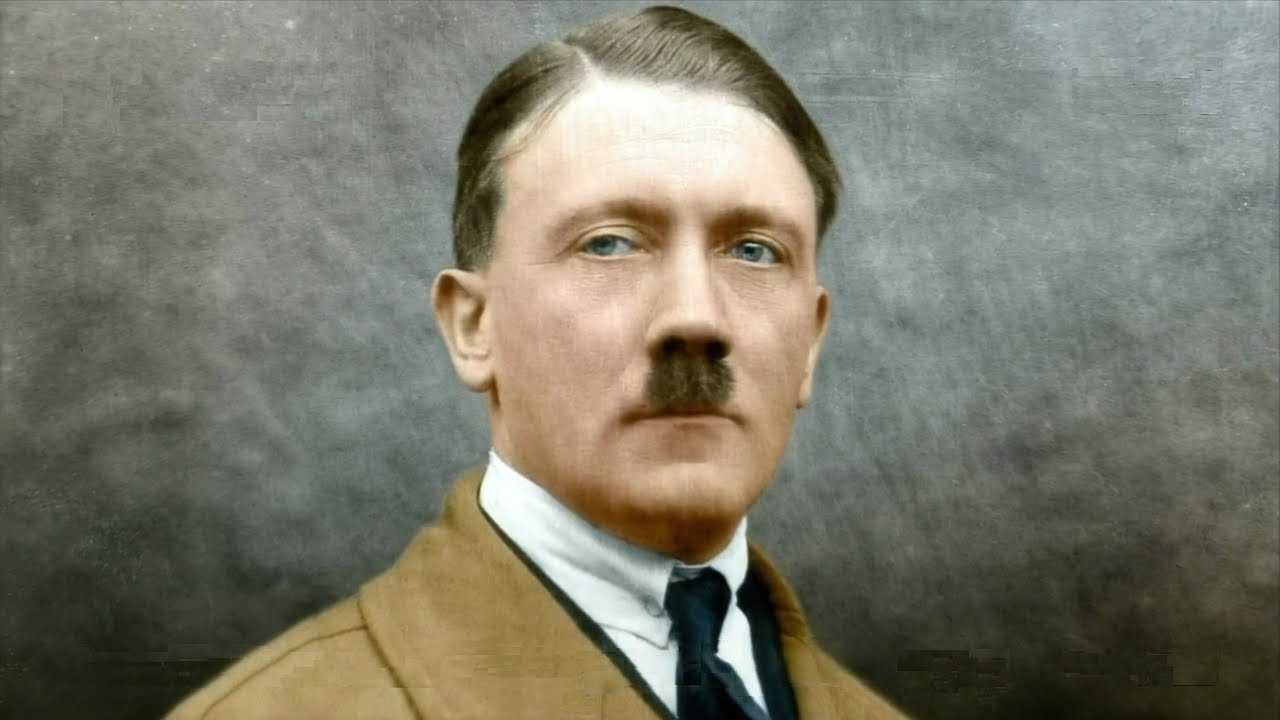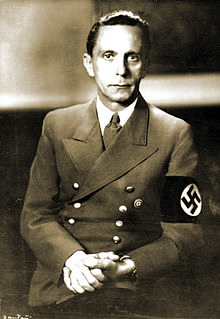Edwin’s February 24, 2016 piece hits the nail about what is wrong with race realism, American southern nationalism, the Alt-Right, white nationalism (and I would say, even the speakers of the recent Erkenbrand 2017 Conference).
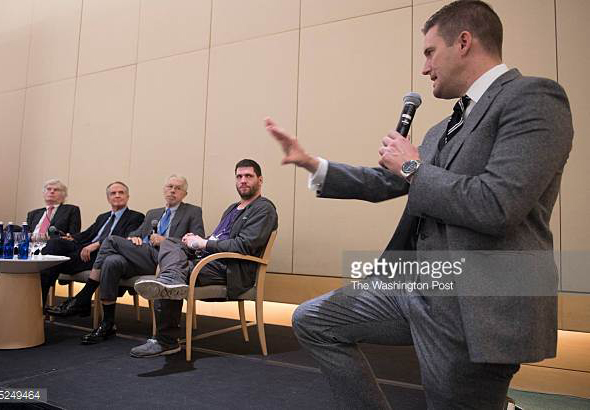
The ethno-nationalist question needs to be handled with a certain degree of intricacy and delicacy.
Goethe expresses the ideal of ethnos by the phrase: “Outwardly limited; inwardly limitless.” Only by limiting myself within a specific local history, people, language and geographic boundary is it possible to develop an authentic Personality. Only by renouncing political involvement and accepting traditional authority (aristocracy) can I attain an inner freedom. Only from the organic development of a distinct nation held together by blood and soil can I acquire culture and produce works of art (symbols) that transcend earthly boundaries. This notion of individuation as a long heroic journey only for a few is entirely foreign to the mindset of the White American.
There is no question that White Nationalism in all its various incarnations has been an abysmal failure, and that ethno-nationalism, within the European context, is presently the only source of public resistance to the ongoing program of dissolution and displacement implemented by the globalists.
It seems inconceivable at the present moment that the salvation of Aryan man will not involve using the hidden reservoirs of resentment brought to the surface by ethno-nationalist parties, if only for tactical reasons. The European masses at present seem incapable of rising above petty politics to unite under a common banner. Also, the hate crime legislations currently existing in Europe make more radical forms of resistance almost impossible. Consequently, we can conceive of ethno-nationalism as merely a transitory political phenomenon; a temporary stop-gap supported with grave reservations until political conditions (the Plebs) are ripe for truly revolutionary politics.
Ethno-nationalism, considered strictly as a theory, posits a return to a more authentic, traditional way of life, a golden age in which society was structured vertically. There is a romantic element that captures the imagination at a sub-intellectual emotive level, promising a life of meaning beyond the material. The simple argument of allowing the right of self-determination for distinct ethnicities sounds sensible for those that live within the modern world.
But ethno-nationalism in practice poses a number of serious problems:
Secessionists in America assume a priori that non-whites have a distinct separate ethnos and are capable of creating a viable nation state without the active intervention of whites. With few exceptions, racial “realists” believe that some sort of practical accommodation can be made with Blacks and other mud bloods. According to this fantasy, North America will eventually devolve into a dozen independent nations, divided along racial and linguistic lines. In this new political dispensation, Blacks are to be given their own slice of paradise under the sun, free to live among their own kind and to pursue their own destiny.
We are told by self-anointed intellectuals like Spencer, McDonald, and Johnson, that racial separation will be likened to a friendly “divorce”; contra history, population transfers will be “humane” and “peaceful,” with no shedding of innocent blood. Never mind the fact that this new Black Zion will be a grotesque farrago of Western and African culture, a pantomime of political theater, merely resembling the outward form of a state. Never mind the fact that blacks lack the ability to build a modern infrastructure and will face starvation. But no! Our intellectuals tell us that we must not believe our eyes (Africa, Haiti, Detroit). Facts, in this one instance, do not matter. We have dispensed with Christian theology but must still believe in miracles!
Ethno-nationalism, being a by-product of modernity, always panders to the lowest common denominator. Every single ethno-nationalist party in Europe adopts a horizontal understanding of power, claiming to represent the true “will of the people” by defending mass democracy. No present elected leader offers a higher ideal or unifying principle. Economics and base materialism rule every policy decision.
Every national history is largely a sad tale of petty victimhood, as though presenting a nation as a perpetual innocent “victim” that has undergone enormous suffering somehow ennobles and valorizes its right to exist; as though presenting the nation as a total weakling can be a source of strength and unity.
And even if such a leader were to emerge, a leader who does not prostitute himself by promising to satisfy every material want, a leader who demands harsh discipline and allows for no excuses, the masses would not follow him. Europe has reached such a state of total degradation that the Finn, Kai Murros, finds it necessary to adopt the style of a Maoist Dialectician (!) if only to dress his revolutionary nationalism under a “respectable” analytical framework.
Surveying the political landscape, the words of Nietzsche come to mind: “On the rulers I turned my back, when I saw what they now call ruling. To traffic and bargain for power—with the rabble!” The question must be asked: Can the debased White American with no ethnic identity support ethnic-nationalism? Or to be blunt: Can a White American value an object if no financial gain is possible?
Ethno-nationalists treat all European ethnicities like antiquarian idol-objects; they deserve preservation simply because of age, as if all were of equal value. Practically every single racial “realist” in Europe and America considers the question of biological differences and cultural achievements among indigenous European nationalities to be a social taboo. He is happy to point out the racial differences between Whites and Blacks yet becomes apoplectic if shortcomings among European populations are pointed out.
Why should anyone care about preserving Polish or Croatian identity if their impact on world history is negligible? How does that advance the interests of Aryan man? What exactly does ethno-nationalism mean for a country (i.e. Greece, Portugal) that includes a significant number of mud bloods among its native population? The ethno-nationalists have no answer.
The proposition that any nation state, like the National Socialists of yesteryear, may expand its territory and impose a new order from above is treated as a modern day heresy by ethno-nationalists. Even the apologist David Irving is critical of Hitler and the National Socialists for refusing to grant self-determination for the Slavic people of the East. Lesser personalities such as Andrew Anglin and Carolyn Yeager are no better and find it necessary to rationalize the harsh treatment of the Slavs by the Germans.
Ethno-nationalism is not enough for all men. There are a few differentiated men who have an inner orientation and perspective totally foreign from everyone else. Such men recognize that their identities cannot be so easily circumscribed by the nation or tribe, and always feel a sense of alienation around other people. They recognize that they are part of a great chain of Being stretching back to pre-historic time.
They see kindred racial spirits in the Aryans of Ancient India and Persia. They see themselves as spiritual heirs to the cultural patrimony left to us by the Greco-Roman world. Their horizons extend beyond the narrow confines of a nation state toward the idea of an Empire. They feel no moral qualms over outrageous territorial expansion. They look with outright disgust and nausea at what passes for “culture” in the modern era. These men have a naturally artistic temperament and are united by a common purpose: there must be a fanatical pursuit of beauty at whatever the cost.
Goethe, Nietzsche, H.S. Chamberlain, Oliver, Pierce, and a few others belong to this rare category of men. Contrast this with present day ethno-nationalists whose view of history does not stretch back even a hundred years—as though the idea of an Empire, of Rome or Greece never existed!
National Socialism is the perfect fusion of German nationalism with the artistic temperament of Ancient Greece and with the martial valor of Rome. When asked for his reason for joining the National Socialist Party, the philosopher Martin Heidegger replied: “It was the one political movement in the twentieth century that took an essentially tragic view of life. That managed to bring the ethos of the Ancient Greeks 2500 years into the present.”
